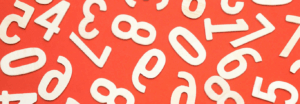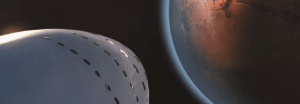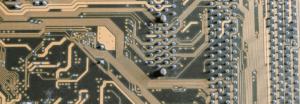Presentation from term 2 PLD. Literacy and numeracy in science: explaining for understanding. In this video, Linda discusses key insights from NZASE term two workshops, focusing on improving numeracy in science education. She emphasises the importance of contextual understanding and critical thinking in teaching and shares a new unit Linda developed to help teachers tackle […]
Read MoreTeam Rocket | Forces
This resource integrates the science concept of forces, fair testing with literacy and numeracy opportunities. Suitable for a range of year groups; suggested curriculum levels 4 to 5. Team Rocket Activity
Read MoreTesting Conductivity
This resource integrates literacy and numeracy into an activity on testing conductivity. Suitable for a range of year levels: Years 6-10. Testing for conductivity activity – numeracy and literacy opportunities
Read MoreTerm 1 2025 PLD
Presentation from term 1 PLD, Unpacking Moderation, Writing and Critiquing Assessment Tasks.
Read MoreY9 and Y10 Resources: Literacy and Contexts
Disciplinary literacy in Science 3 – Writing
Reading scientific texts and focussing on vocab sets students up with the foundations for writing. This members-only article includes plenty of strategies for primary and secondary science teachers to help students develop their writing skills for science.
Read MorePicture books in science learning
Picture books tell a good story with evocative images, and they can be used as resources in a teacher’s kete across the curriculum. Kath Murdoch, a specialist in inquiry-based learning, says “The compelling pull of narrative can often lead us to understanding the world more deeply than any ‘data’ ever can.”
Read MoreDisciplinary literacy in Science 2: Reading
As they progress through school, students are asked to read increasingly complex information. How well students read, understand, and use this material can affect how deeply they understand the science. Science teachers are best placed to guide students through scientific texts, with their unique structure and vocabulary
Read MoreDisciplinary literacy in Science 1: Vocab
Scientific writing has its own structure and vocabulary, and reading it is a specialised skill. Science teachers are uniquely placed to help students read, comprehend, and use this material. Students not only better understand the science, they also learn about how to structure their own writing.
Read More


